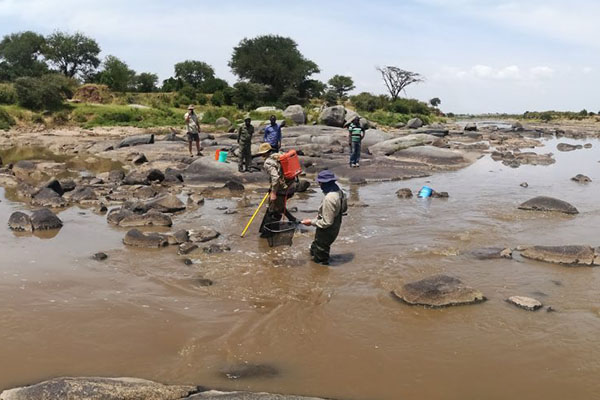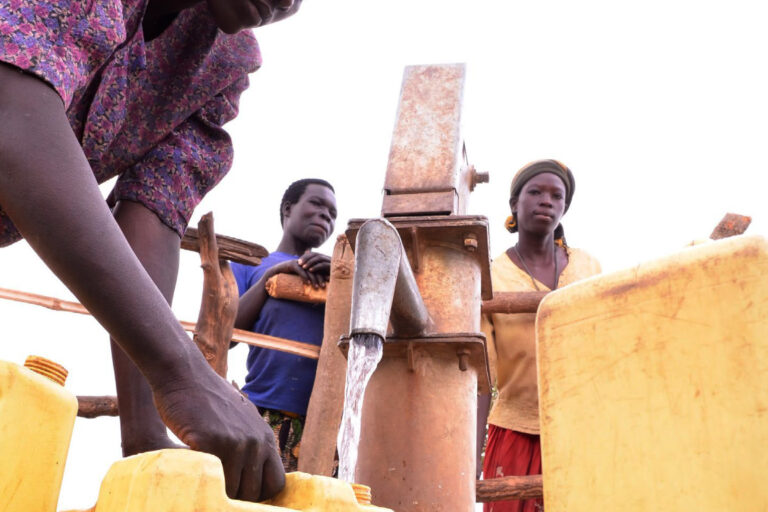
Key Lessons Learned from SWP Pilot Activities in the Mara River and Stung Chinit Basins
SWP publishes Water Security Improvement Case Studies and an updated Water Security Improvement Toolkit 2: Define the Water Security Improvement Space and Assess Water Risks
SWP is pleased to present five new case studies that document lessons learned from its pilot activities in the Mara River Basin in Kenya and Tanzania and the Stung Chinit Basin in Cambodia. Each case study highlights how SWP applied its Water Security Improvement (WSI) Process to address key water security challenges in the basins and lessons learned from these experiences. The five case studies are:
- Promoting Self-Reliance among Water User Associations to Improve Water Security in the Mara River Basin – This case study describes how SWP engaged Water Resources Users Associations in Kenya and Water User Associations in Tanzania to diversify revenue streams through beekeeping and indigenous tree nurseries to support catchment conservation efforts.
- Water Allocation Planning for the Lower Mara River Basin in Tanzania – This case study summarizes SWP’s technical assistance and presents lessons learned on the project’s collaboration with the Lake Victoria Basin Water Board and other key stakeholders to assess water availability and risks, and prepare a comprehensive water allocation plan to support the Board’s ability to manage water resources
- Engaging Farmers to Improve Management of Irrigation Infrastructure – This case study describes how SWP worked with Farmer Water User Committees to build their capacity to understand and manage their irrigation infrastructure using an innovative game.
- Using Scenario Analysis to Assess Water Security in an Uncertain Future – This case study documents SWP’s experience applying the Robust Decision Support process with key stakeholders in Kenya, Tanzania, and Cambodia to model and assess the impacts of future climate change and development scenarios on water availability in the Mara River and Stung Chinit basins.
- Engaging Stakeholders to Improve Water Security in Cambodia’s Stung Chinit Basin – This case study elaborates on SWP’s implementation of the WSI process and highlights lessons learned and outcomes of its stakeholder driven process, including the formulation of key working groups, establishment of a River Basin Management Committee, and development of a Strategic Action Plan.

SWP has also updated Toolkit 2: Define the Water Security Improvement Space and Assess Water Risks, from its Water Security Improvement toolkit series, with lessons learned and best practices from its pilot implementation of the WSI process in the Mara River Basin and the Stung Chinit Basin. The updated toolkit features an elaborated discussion of the steps, recommendations, and guidelines for how to complete a water security assessment and a synthesis of three key technical content areas. The first is a profile of the target geography, describing the short- and long-term trends in demographics and stakeholder groups, natural disasters, land uses, climate change, and water infrastructure, among others. The second is an evidence-based understanding of water quality, water availability and water balance in the target geography. And the third is a water governance assessment, detailing information about the local governance institutions, and processes as well as policy frameworks.
Related Projects

